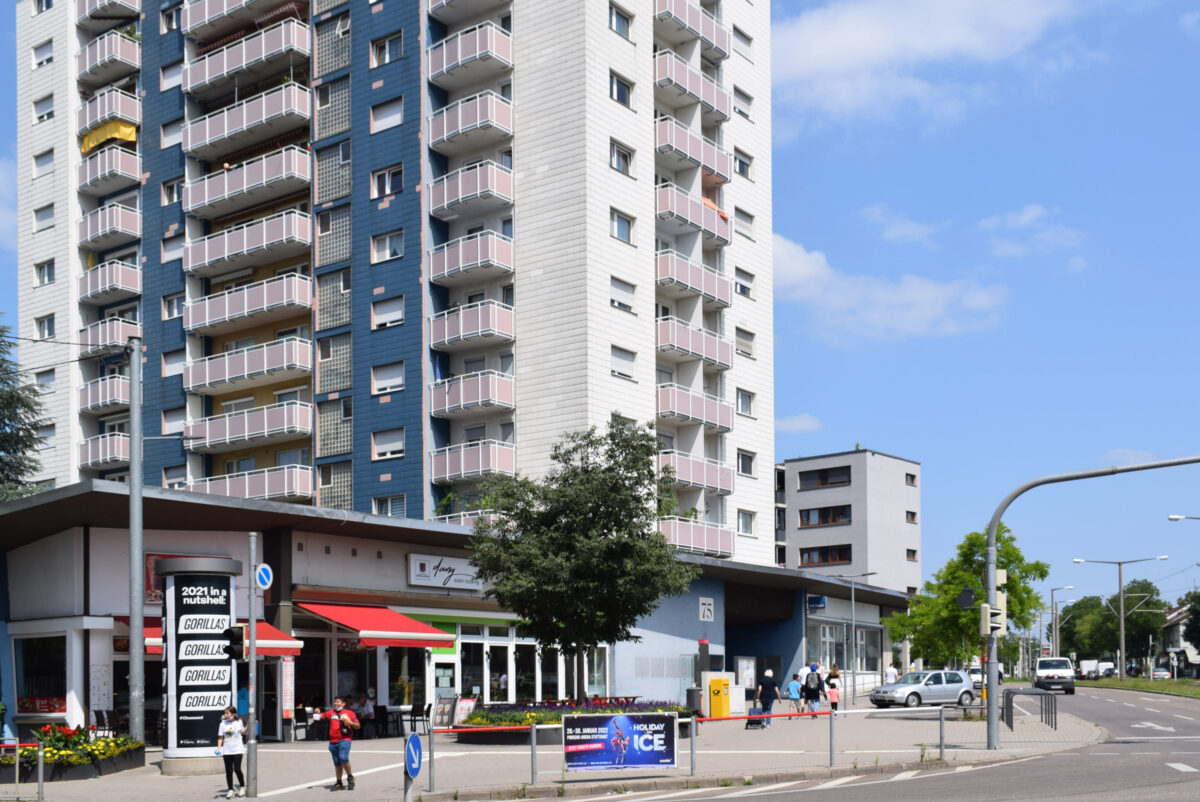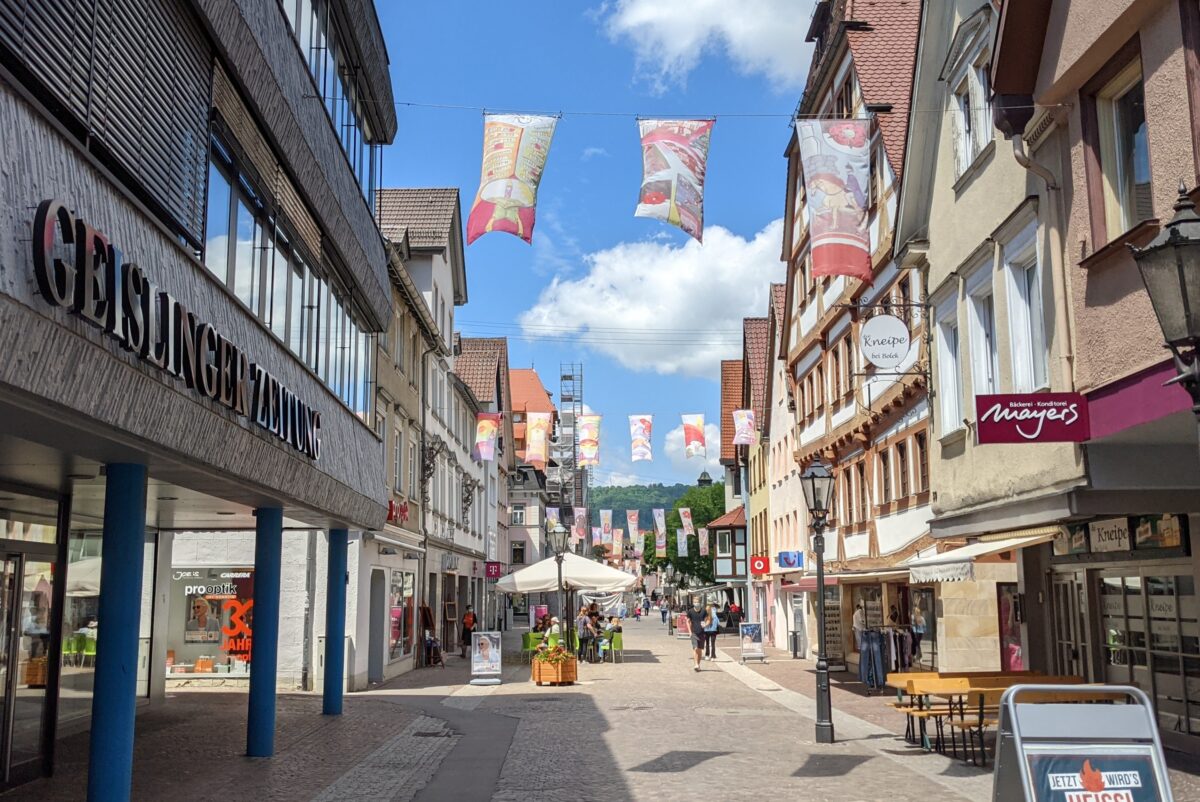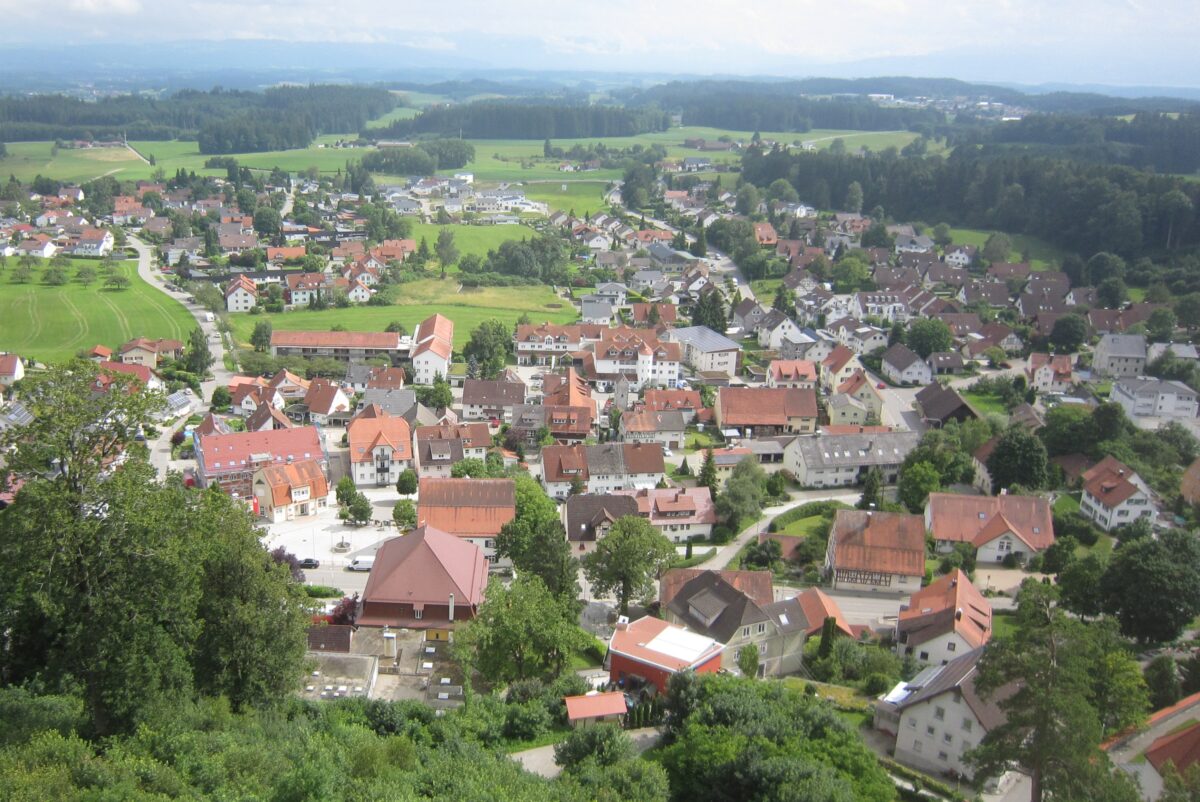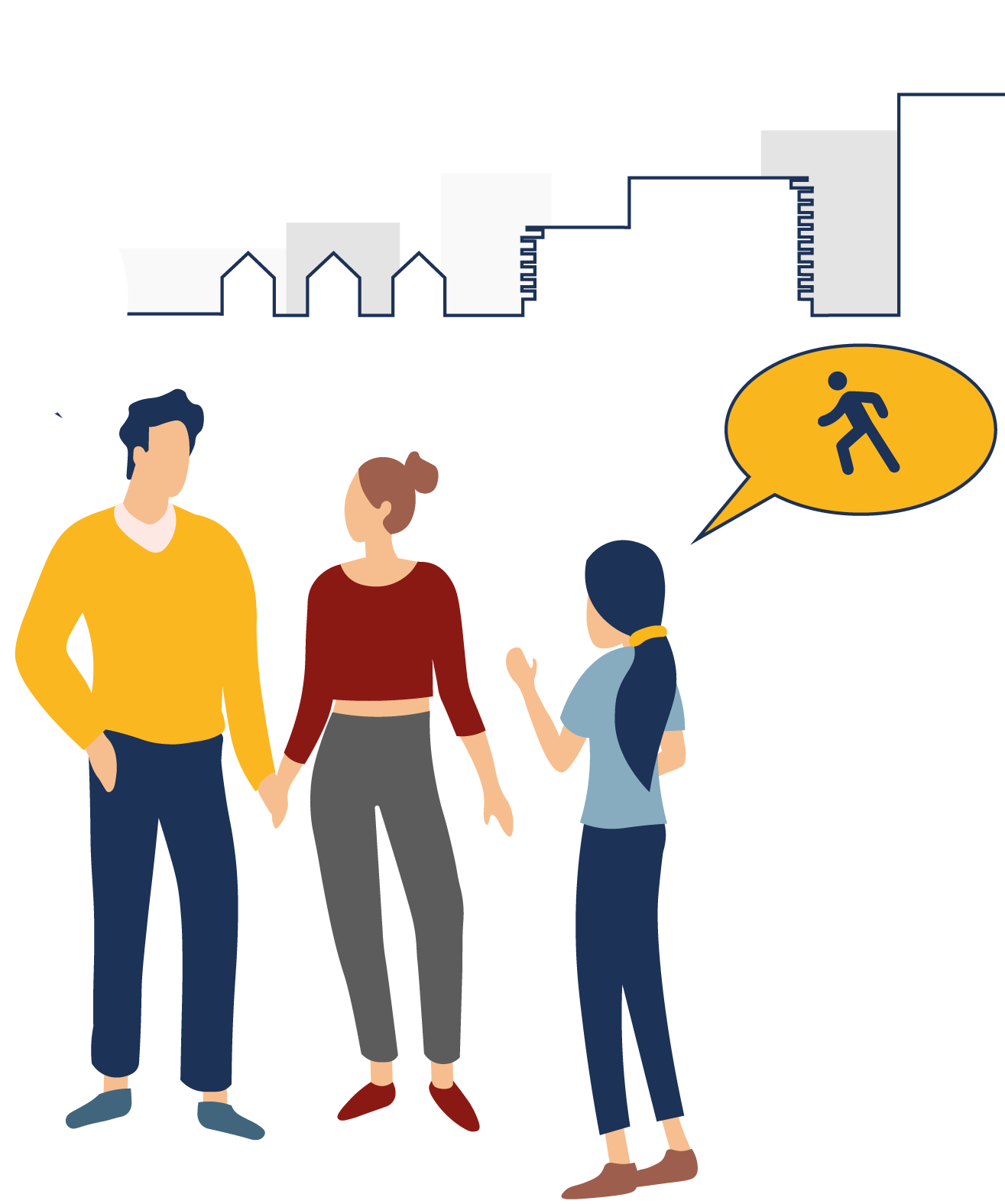
Outset
Mobility is the prerequisite for both a viable economy and society.
Today, it is undergoing a far-reaching transformation, which, for the automotive industry poses „the most profound upheaval in its history“, according to Winfried Kretschmann.
MobiQ takes this as an opportunity to face the challenge that lasting sustainability effects in transport do not only require technological and economic transformations, but social innovations of the civil society mobility culture as well. The project addresses the upcoming social and ecological challenges in the use of different forms of mobility and contributes to making sustainable mobility possible for broad sections of society.
MobiQ goals
Research Design
MobiQ follows a civic and non-commercial approach and focuses on the potential of neighbourhood-based mobility concepts. The project investigates how social networks can be initiated, developed and promoted, and how civil society actors can be involved in the development of needs-based mobility concepts. Results and ideas generated in the project will be broadly anchored in civil society. In this regard, spatially specific solutions that are adapted to the individual framework conditions and needs of different spatial and social contexts (e.g. in terms of socio-economic criteria) are seen as success factors.
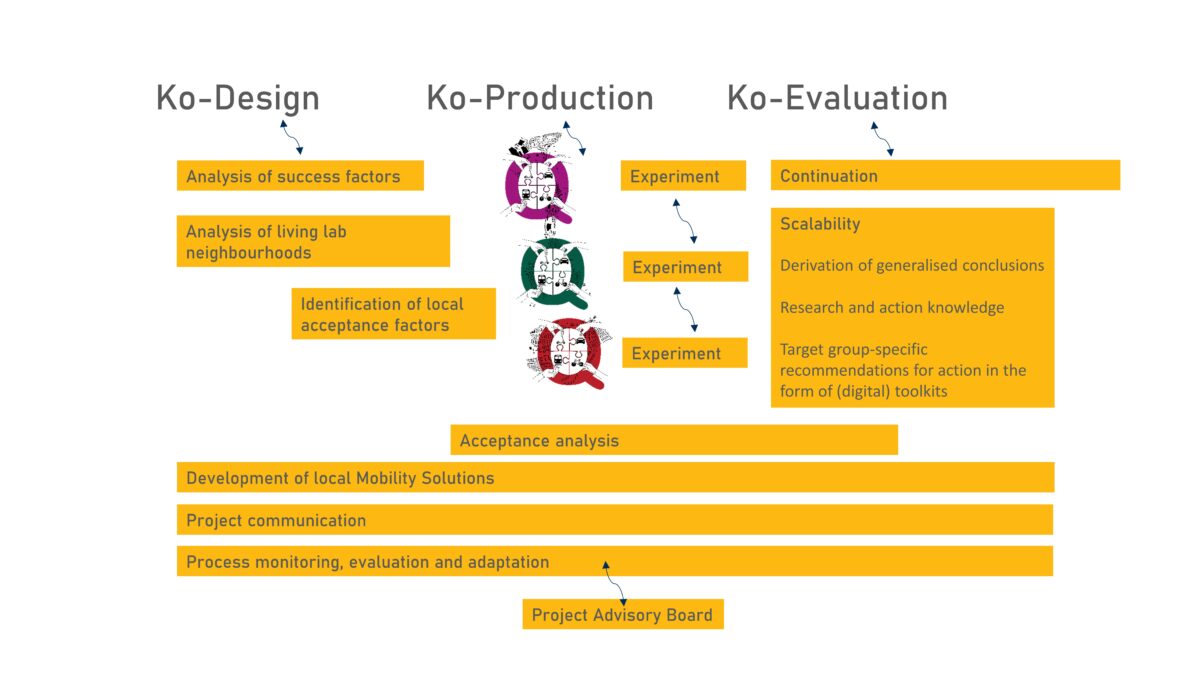
Three living labs
The focus is on three living labs: Stuttgart Zuffenhausen-Rot, Geislingen an der Steige and Waldburg.
Within these labs, research focuses on how citizens can use co-design and co-creation methods to jointly organise their mobility and thus gain access to social participation. Social and digital neighbourhood networks as well as new mobility offers support the activities in the neighbourhoods. The aim is to make mobility in the neighbourhood sustainable, efficient and socially innovative without reducing the degree of mobility and social participation.
Outset and challenges in all three neighbourhoods are very different:
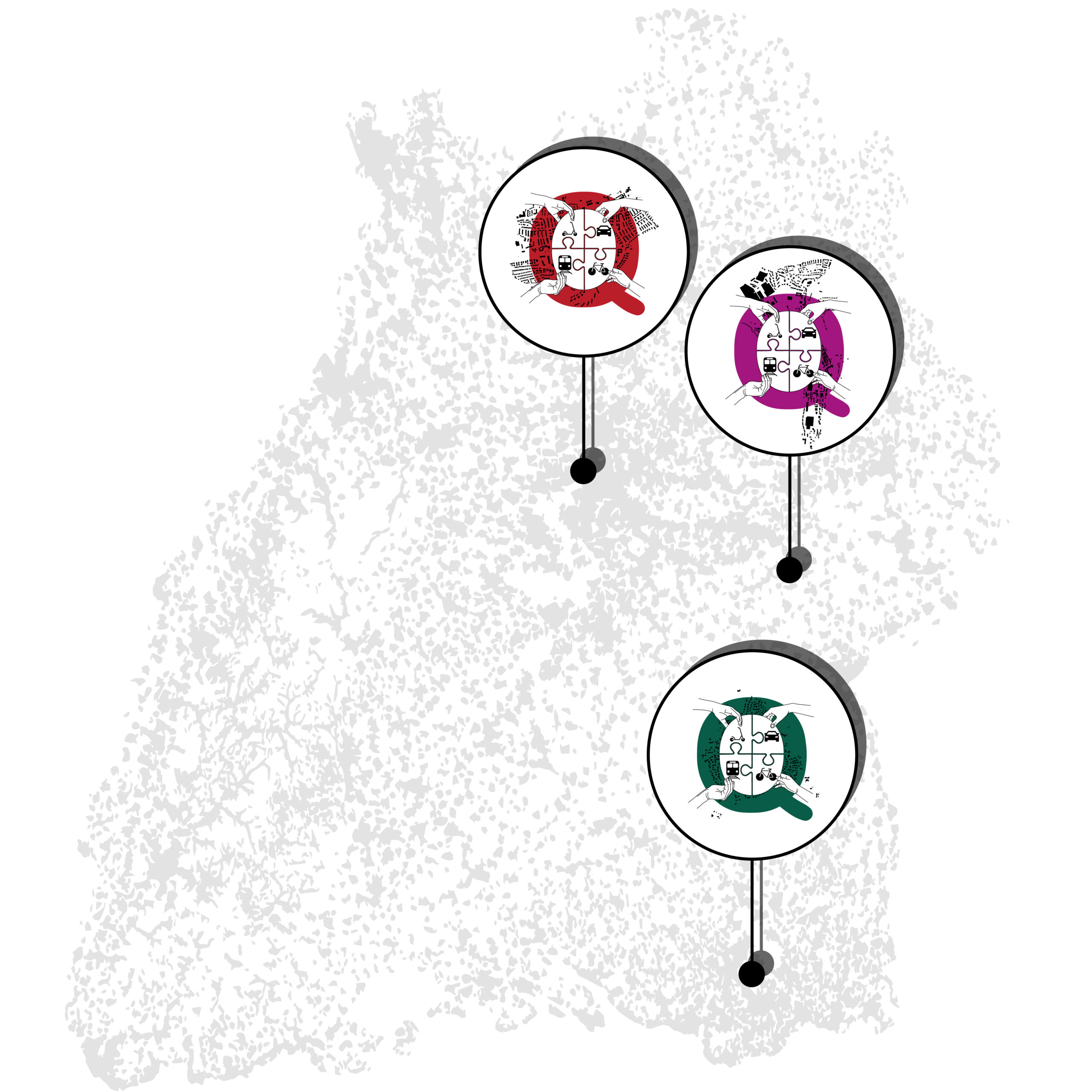
The project team
The project team is interdisciplinary and has broad expertise in the fields of mobility, sustainability and participative research.
The team from Nürtingen-Geislingen University of Applied Sciences (HfWU) contributes its expertise in social science mobility research. This ensures that the solutions to be developed are not primarily technical, but based directly on the social and cultural needs of the people involved. The team around sociologist Sven Kesselring involves many years of international experience in qualitative and quantitative research in the areas of mobility and sustainability. A fundamental compendium on social science mobility research „Handbook of Research Methods and Applications for Mobilities“ (Büscher et al. 2020) has just been co-published. „Sharing Mobilities“ (Kesselring et al. 2020) represents a research focus of the work.
The Centre for Sustainable Urban Development (ZNS) at the HFT Stuttgart helps to ensure that urban planning and development-related aspects are also taken into account. The HFT puts a special focus on the neighbourhoods themselves, which are both living space and the starting point for mobility. This ensures that the development of new forms of mobility also triggers the spatial development of the neighbourhoods and its public space. Urban planner and architect Christina Simon-Philipp and her colleagues can look back on extensive previous experience in practical and problem-oriented living lab research, which makes a decisive contribution to ensuring high methodological quality.
The Öko Institut e.V. is a project partner with many years of experience in analysing and evaluating changes in mobility behaviour as well as technical developments in the transport sector from an ecological point of view. The focus of the Öko-Institut team is to evaluate the processes taking place in the development and implementation of neighbourhood mobility concepts and to identify relevant strengths and weaknesses. In addition, Peter Kasten and Lukas Minnich bring specific expertise in quantitative and qualitative sustainability and impact assessment. This will be incorporated into the mobility concepts which will be neighbourly implemented in the living labs. In addition, the Öko-Instituts experience will be incorporated in the monitoring and implementation of living labs. This expertise will be of greater importance in the context of neighbourhood-organised mobility as well as in the derivation of targeted recommendations for action to various stakeholder groups.
Best practice
Something is going on in the area of civil society oriented, sustainable mobility. Not only in Germany, but also internationally, active residents, business people, property owners or art and culture professionals are joining forces to implement innovative ideas. Sometimes it’s about short-term actions, sometimes about long-term projects and structures. These ideas bring a breath of fresh air to well-worn mobility patterns and literally make a difference.
Here we present some selected projects for inspiration:

